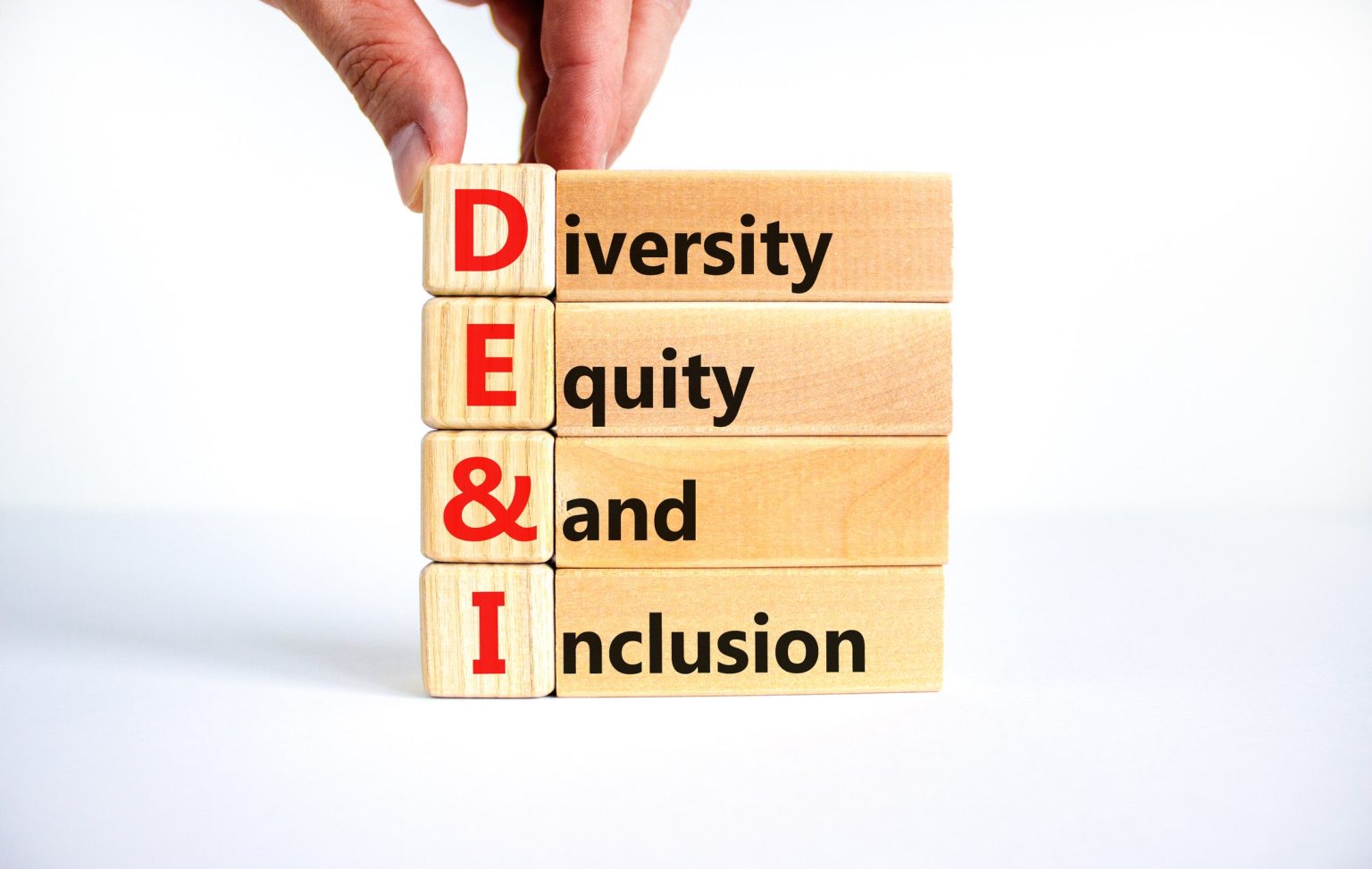A growing number of institutions for higher learning are dismantling their diversity, equity, and inclusion (DEI) programs and practices in response to the Supreme Court’s decision to ban affirmative action practices in college admissions. The Chronicle of Higher Education has been tracking changes at 158 college campuses in 22 states since January 2023, noting changes related to DEI programs, offices, jobs, training, and diversity statements as a result of state-level actions. The University of North Carolina at Chapel Hill recently dismantled its DEI programs and redirected funding to public safety and campus police following anti-Israel demonstrations.
Nicole Neily, president of Parents Defending Education, has expressed support for this trend, suggesting that some institutions may have been looking to rein in bloated DEI departments already prior to the Supreme Court’s decision. Neily questions the effectiveness of these programs and argues that there is a lack of accountability in measuring their impact. She also notes that new terms such as culturally responsive teaching and belonging are emerging as proxies for DEI practices, suggesting a shifting landscape in response to legal and political pressures.
According to Neily, DEI programs may have created a public choice conundrum, with DEI deans or directors incentivized to show progress to justify funding levels and staff retention. The recent Supreme Court ruling in the Students for Fair Admission v. Harvard case, which deemed the use of race in college admissions a violation of the 14th Amendment, serves as legal cover for school administrators who were not in favor of DEI programs but felt compelled to have them previously. Legislation in over 20 states has already impacted schools’ DEI programs, with Neily calling for more urgency from governors and state legislatures to prioritize a colorblind and unified approach to education.
The dismantling of DEI programs in higher education institutions is part of a broader trend in response to legal, political, and public pressure. Neily’s organization, Parents Defending Education, advocates for a reevaluation of these programs, questioning their effectiveness and urging a focus on education rather than indoctrination. The shifting landscape of DEI practices is evident in the emergence of new terms and concepts that may serve as substitutes for traditional DEI programs, reflecting a desire for accountability and evidence-based decision-making in education. The ongoing debate around DEI programs in higher education highlights the complex intersection of legal, political, and ethical considerations in shaping inclusive and equitable learning environments.


